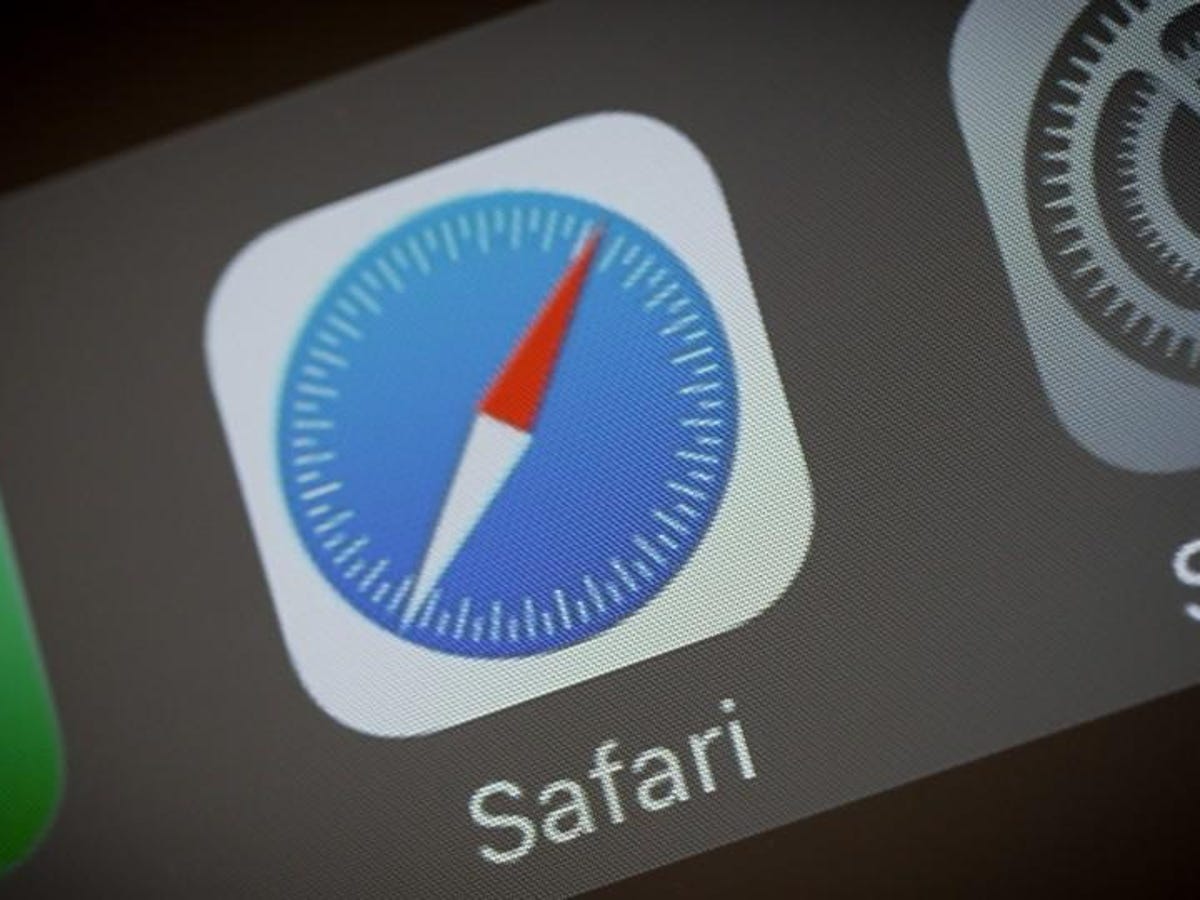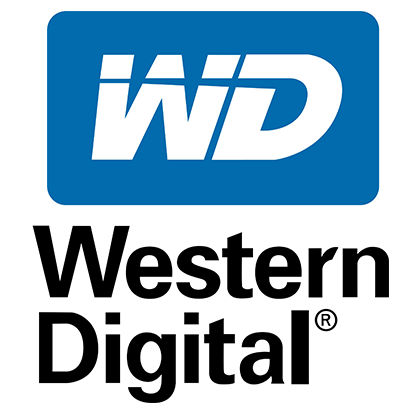Apple wants to know why you hate Safari
An Apple employee who advocates for Safari developers got an eyeful after taking to Twitter to ask users for feedback on why the Safari browser is unpopular and to ask that they point out specific issues with it.
Jen Simmons, an Apple evangelist and developer advocate on the Web Developer Experience team for Safari and WebKit, was clearly taken aback by the responses.
“Catching up with tech Twitter this morning and there seems to be an angry pocket of men who really want Safari to just go away,” Simmons tweeted. “Do we really want to live in a 95% Chromium browser world? That would be would be a horrible future for the web. We need more voices, not fewer.”
Unlike some rival browsers, such as Mozilla’s Firefox, Apple’s updates to Safari are sparse, with major upgrades just once a year. So the bulk of new features are often rolled out in a single instance. While that may be appealing for some who dislike frequent browser updates, it also means upgrades and/or fixes for Safari don’t come often.
Read More @ Computer World


